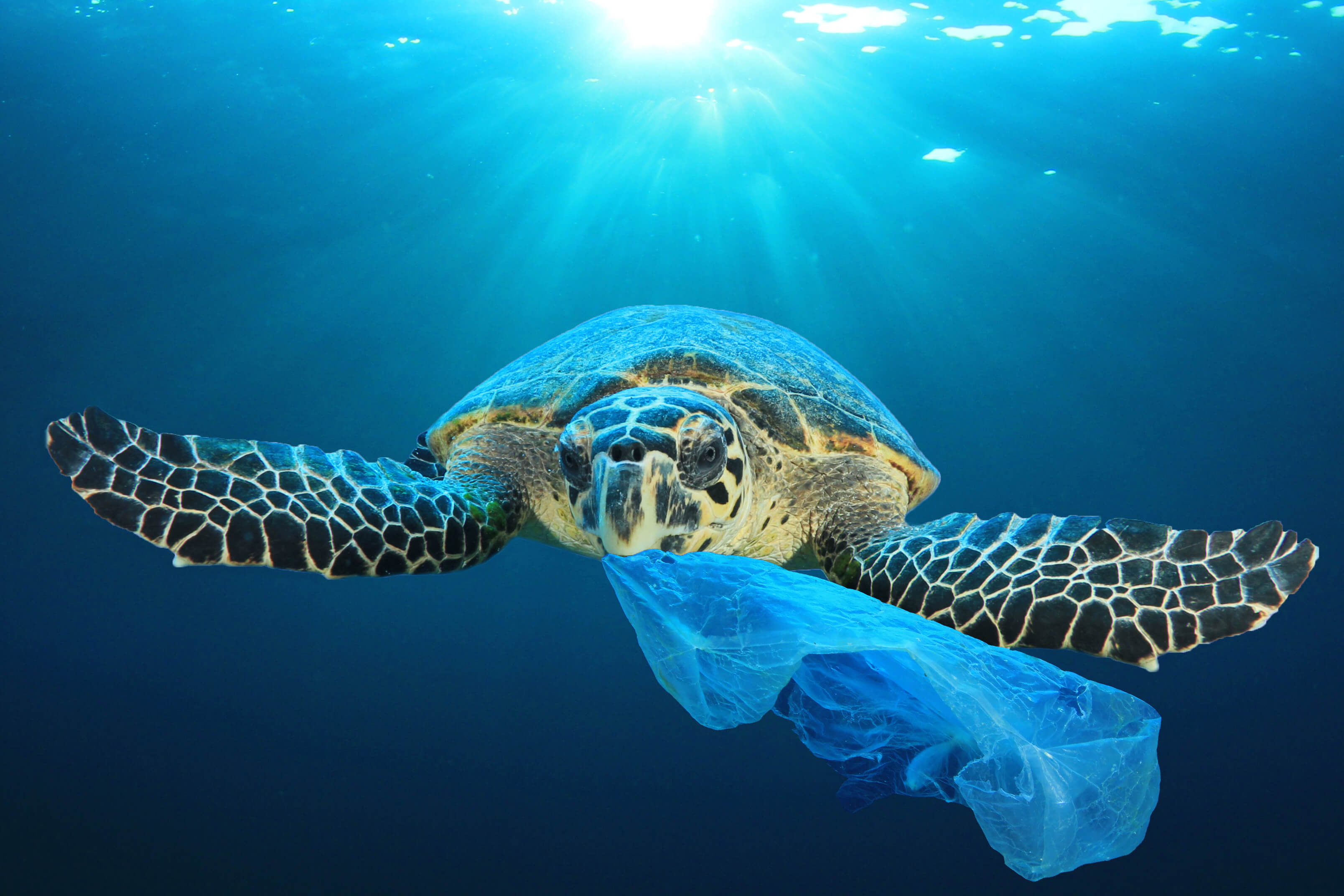The problem of marine waste is finally gaining the international disapproval it deserves. The Australian government has long recognized the harm this pollution causes to the country, and momentum to do something about it is now growing in other parts of the world.
Wake Up Call
As we pointed out in a previous article, marine waste is a serial killer. It lurks in our waterways as we speak, starving and mutilating all kinds of sea living organisms. What people are starting to wake up to is that they can harm sea life wherever they live. Just because you don’t live by the sea doesn’t mean your waste products don’t end up there.
Plastic debris especially is lethal to all sorts of marine life, and is the easiest thing to stop. Every carelessly thrown away water bottle or wet wipe could end up doing enormous damage. All our waterways in this huge country have to find their way to the sea somehow.
Waste disposal is part of the answer, but personal responsibility lies at the heart of the matter. We at Best Price Skip Bins work very hard to process waste in a responsible manner, but at the end of the day it is down to individual home and business owners to assess and address their own pollution.

Legal Protection
In 2009, the DEE boosted its efforts to help marine life by bringing in its Threat Abatement Plan for the Impacts of Marine Debris on Vertebrate Marine Life. Known as “The Plan,” this government initiative bolstered the 1999 EPBC Act.
The Plan is an effective way of making sure the Act is properly enforced. It gives individuals and businesses a usable framework to measure your own efforts in tackling marine waste. Many people are shocked by the damage they don’t know they’re doing, and the Plan is a constructive way to help.
It reviews the Government’s own policies and strategies to make sure they are as effective as possible. Since 2009, the problem of marine waste has increased by an order of magnitude, catching many people by surprise. The Plan is under a five year review schedule which will hopefully keep us all up to speed.
Two very important strands of national action are the Marine Turtle Recovery Plan and the Grey Nurse Recovery Plan. These initiatives are targeted specifically at reducing damage done to these protected species by marine waste. They are symbolic of the harm this pollution does, and the steps that we can all take to stop it.
With the 1999 EPBC Act and the follow up Plan of 2009, our government is showing that it means business in dealing with marine waste. Our company is committed to effective waste management, and we believe the rest of the country is now coming on board.
